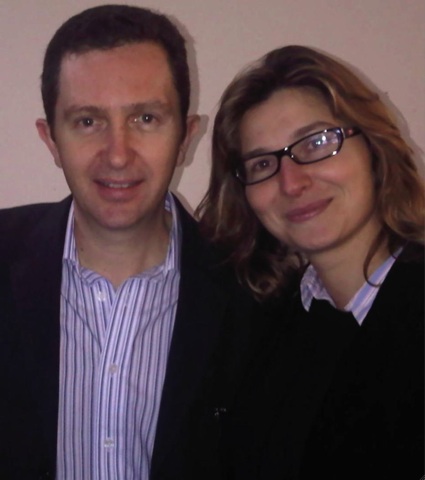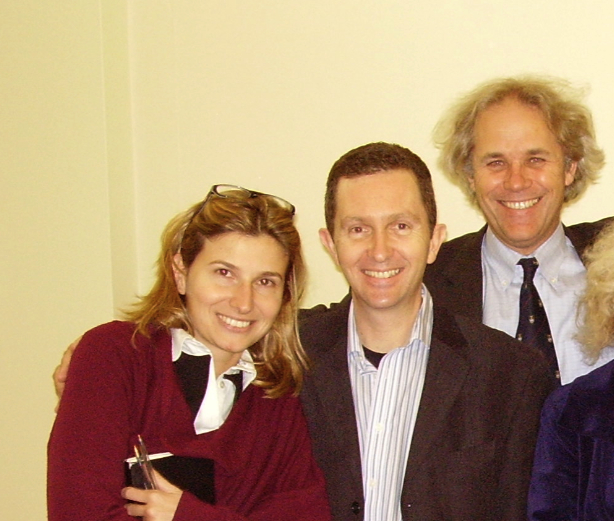Confabulation research
Confabulation is a neuropsychological disorder in which the patient suggests (and defends against reasonable evidence) an account of reality which is patently false: for example that their hospital ward is actually a hotel, or that their husband is an imposter. In the patient populations that I am most interested in, the lesion site involves the medial surfaces of the frontal lobes. This is a brain region which is associated with false belief states seen in psychiatric disorders, and also seems to be important for dream generation. It is also a key brain region for the input of emotion into the decision-making process (see the emotion-learning section of this site). My link to the field is primarily in demonstrating a possible role for emotion in confabulatory states - most notably (but not exclusively) the suggestion that confabulations might be accepted as versions of reality because of their affective consequences. This includes the possibility that confabulations might act as a defence, in patients with emotion-regulation deficits.
Positive emotional bias in confabulation
- Fotopoulou, A., Solms, M. & Turnbull, O.H. (2004). Wishful reality distortions in confabulation. Neuropsychologia, 42: 727-744.(download)
False beliefs about place
- Turnbull, O.H., Berry, H. & Evans C.E.Y. (2004). A positive emotional bias in confabulatory false beliefs about place. Brain & Cognition, 55: 490-494. (download)
The plesantness of false beliefs
- Turnbull, O.H., Jenkins, S. & Rowley, M.L. (2004). The pleasantness of false beliefs: An emotion-based account of confabulation. Neuropsychoanalysis, 6: 5-16. A Target paper, published with 23 pages of peer-commentary, by Blechner, DeLuca, Feinberg, Fotopoulou, Conway, Kinsbourne & Schnider.
Oliver Turnbull and |
|

